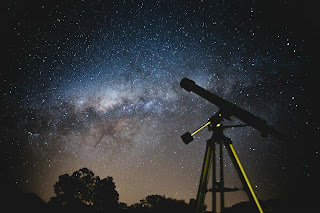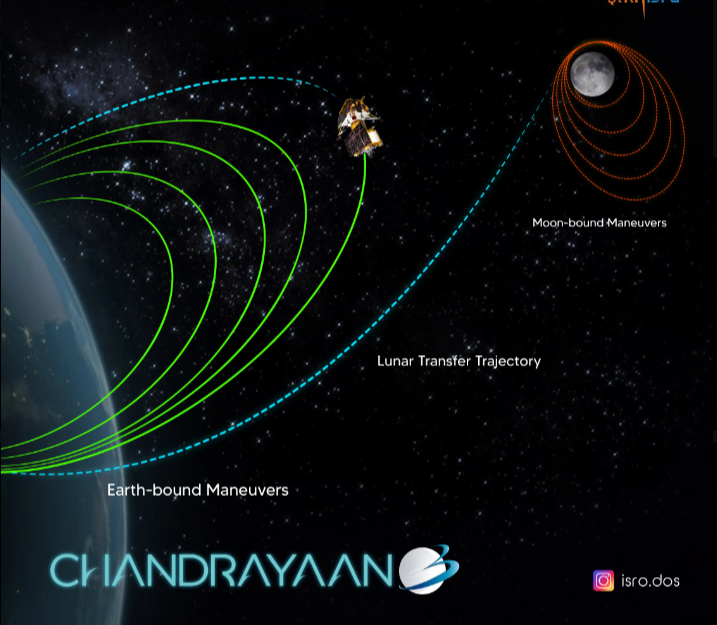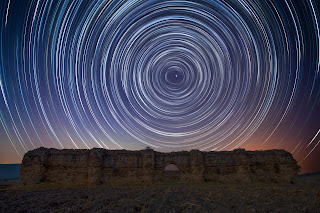Space Terminology Explained: Common Terms Every Space Enthusiast Should Know
Decoding the Cosmos: A Space Enthusiast's Guide to Essential Terminology
Have you ever been captivated by a dazzling image of a nebula or baffled by the concept of black holes? Welcome, aspiring space adventurer, to the captivating world of space exploration! But navigating this celestial frontier requires a special kind of map – a map woven from essential terminology. Fear not, for this guide will equip you with the key terms to unlock a deeper understanding of the cosmos and become a fluent speaker of the language of the stars.
Unveiling the Universe: Essential Space Lingo
- Universe: Buckle up, because this is the big one! The universe encompasses everything – from the tiniest subatomic particles to the vast expanse of galaxies. It's the ultimate cosmic playground.
- Galaxies: These are swirling collections of billions of stars, gas, and dust. Our home, the Milky Way galaxy, is a majestic spiral galaxy teeming with celestial wonders.
- Solar System: This is our celestial neighborhood, consisting of our star, the Sun, eight planets (including Earth!), dwarf planets, moons, asteroids, and comets.
- Planets: These are celestial bodies that orbit a star, are massive enough for gravity to pull them into a round shape, and have cleared their orbital path. Jupiter, the gas giant, and Mars, the Red Planet, are just two of our solar system's fascinating planets.
- Stars: These are giant balls of burning gas, like our Sun, that generate light and heat through nuclear fusion. Stars come in a variety of sizes and lifespans, each with their own unique story to tell.
- Black Holes: Imagine a place where gravity is so strong that not even light can escape. That's a black hole, a region of spacetime with an immense gravitational pull. These enigmatic objects continue to challenge our understanding of physics.
- Nebulae: These are vast clouds of gas and dust that serve as stellar nurseries. Nebulae come in a variety of shapes and sizes, and some, like the Orion Nebula, are breathtakingly beautiful.
Beyond the Basics: Deepening Your Space Lexicon
- Space Missions: These are meticulously planned endeavors that send spacecraft beyond Earth's atmosphere to explore celestial objects and conduct scientific research. The Apollo missions that landed humans on the Moon and the ongoing exploration of Mars are prime examples.
- Space Technology: This encompasses the tools and techniques used to explore space. From powerful rockets to sophisticated telescopes and innovative life support systems, space technology is constantly evolving.
The Language of Discovery: Unveiling Different Fields of Space Exploration
- Space Exploration: This broad term refers to our quest to understand the cosmos, encompassing everything from robotic missions to sending humans into space.
- Astronomy: This is the scientific study of celestial objects and phenomena, observed from Earth. Astronomers use telescopes and other instruments to unravel the mysteries of the universe.
- Astrophysics: This branch of astronomy delves deeper, applying the principles of physics to understand the physical properties and behavior of celestial objects.
- Planetary Science: As the name suggests, this field focuses on the study of planets, moons, asteroids, and comets within our solar system and beyond.
Expanding Your Knowledge: A Universe of Resources
- Cosmic Phenomena: These are awe-inspiring events that occur throughout the universe, such as supernovas, the explosions of massive stars, and the breathtaking aurora borealis, the Northern Lights.
- Space Discoveries: This refers to the groundbreaking findings made through space exploration, like the discovery of exoplanets – planets orbiting stars beyond our solar system – and the potential for life on Mars.
- Space Research: This ongoing endeavor involves conducting experiments and gathering data in space to answer fundamental questions about the universe and our place within it.
- Cosmology: This branch of astronomy focuses on the origin, structure, and evolution of the universe as a whole. Cosmologists grapple with mind-bending concepts like dark matter and dark energy. 18., 19., & 20. Space Missions, Space Technology, Space News: Staying up-to-date on these topics is crucial for any space enthusiast. Follow reputable space agencies like NASA and ESA, explore online resources, and join astronomy clubs to stay informed about the latest space discoveries and advancements.
The Adventure Begins: Speak the Language of the Stars
With this newfound vocabulary, you're now equipped to explore the cosmos with confidence. Delve deeper into specific topics, follow exciting space missions, and engage











Comments
Post a Comment